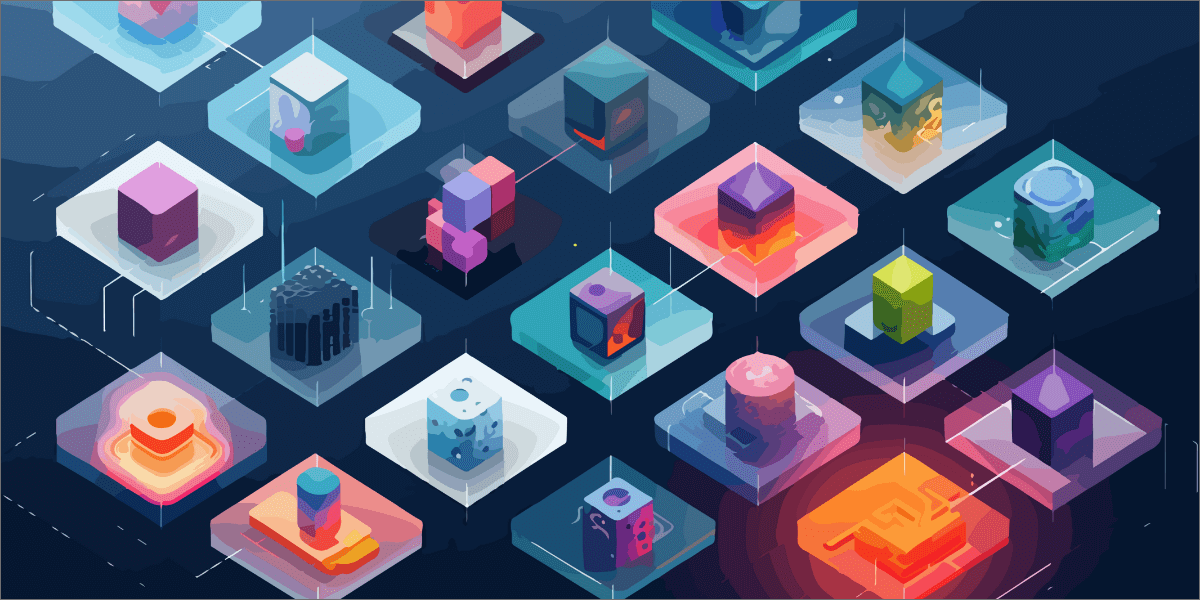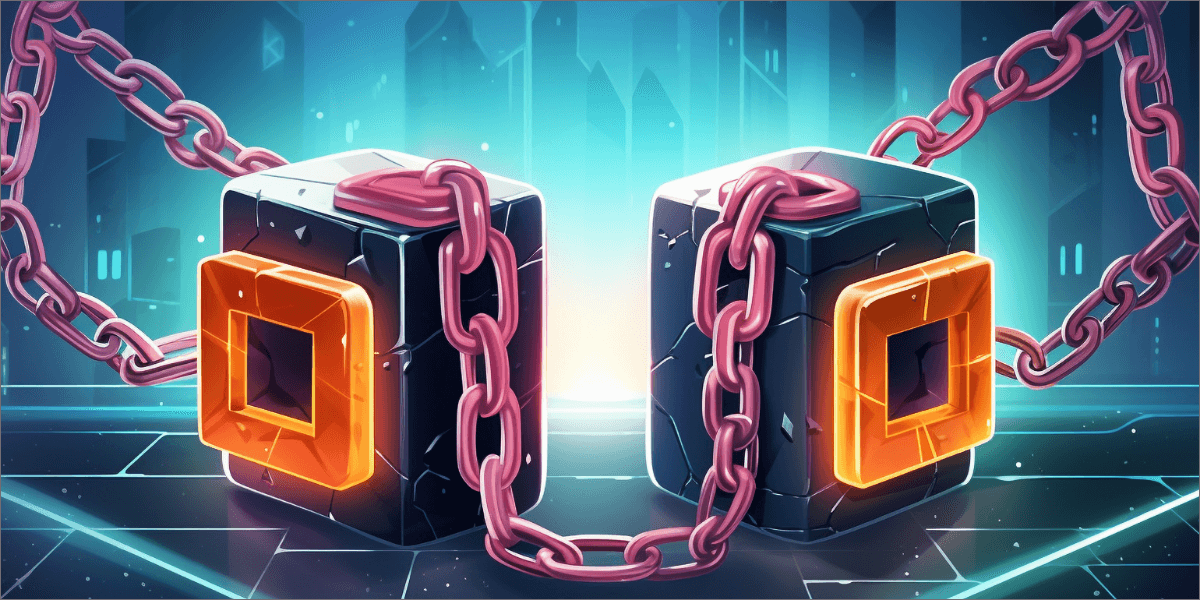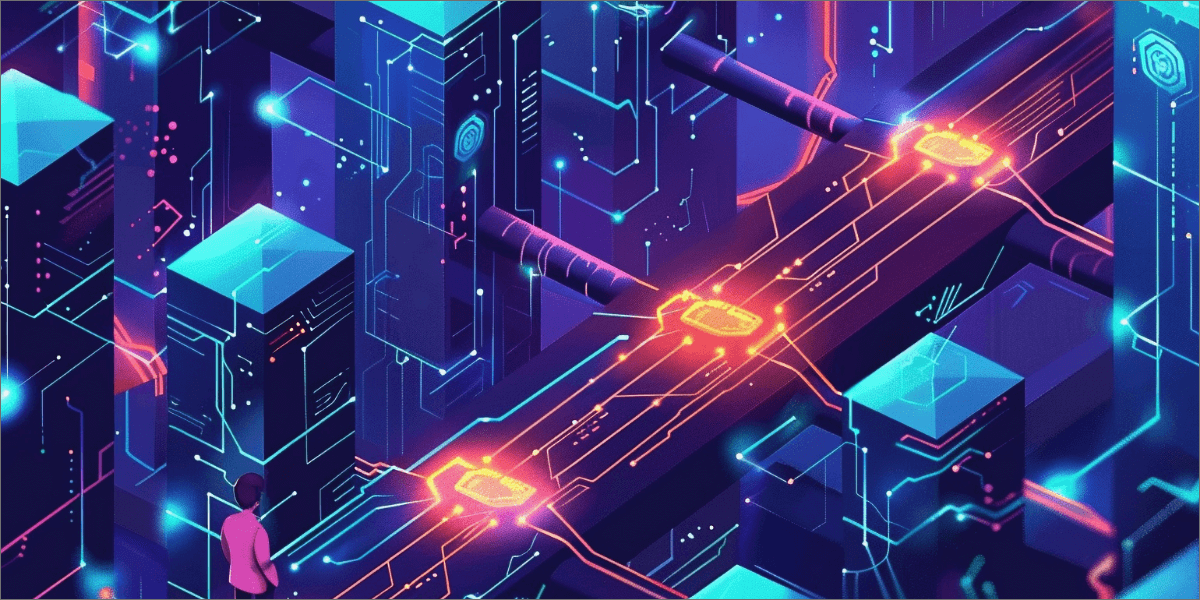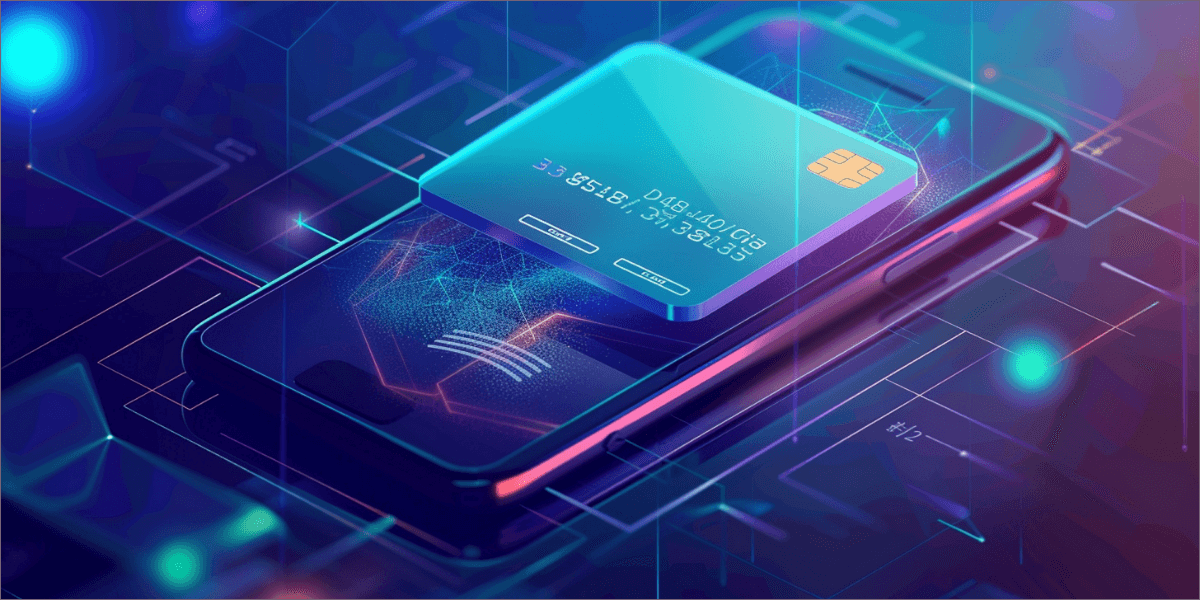Unlock your potential as a Cardano expert with valuable insights, tips, and a comprehensive understanding of this groundbreaking blockchain technology.
Cardano, with its focus on scalability, sustainability, and interoperability, stands out as a revolutionary platform in the blockchain space. Through this blog, I aim to demystify the complexities of Cardano, offering insights, tutorials, and the latest updates to help you navigate this cutting-edge technology.
Whether you’re a beginner looking to get started with blockchain or an experienced developer seeking to deepen your understanding of Cardano, my blog is here to provide clear, actionable content that empowers you on your learning journey.
I’m learning as I go and sharing thoughts and content along the way! Join me as we explore the future of decentralized applications, smart contracts, and beyond on the Cardano network.
Let’s build a decentralized future together, one block at a time.
-

Market Cap Relation to Value in Cryptocurrency: The Case of Cardano
In the cryptocurrency space, market capitalization (market cap) is often misunderstood. Many investors wrongly assume that a cryptocurrency’s market cap directly correlates to its value, or that changes in price automatically indicate significant shifts in the market cap. This misunderstanding…
-

Key Metrics to Look for When Choosing a Stake Pool on Cardano
Staking is one of the most rewarding aspects of participating in the Cardano ecosystem. By delegating your ADA to a stake pool, you help secure the network and earn rewards. However, with hundreds of stake pools available, choosing the right…
-

Is the Cardano Blockchain Quantum Computing Safe?
Quantum computing, a rapidly advancing field of technology, has the potential to disrupt many existing cryptographic systems that underlie blockchain networks, including those like Bitcoin and Ethereum. As quantum computers grow in capability, questions about the security of blockchain platforms…
-

What Happened with the Lucid Project and Its Deprecation?
The blockchain space is known for its rapid evolution, with projects constantly emerging, evolving, and sometimes being deprecated as technology advances. One such project that gained significant attention in the Cardano ecosystem was Lucid. Initially, Lucid was hailed as a…
-

A Deep Dive on How Block Production Works in Proof-of-Stake (PoS)
Proof-of-Stake (PoS) has emerged as a popular alternative to Proof of Work (PoW) in the world of blockchain and cryptocurrency, offering a more energy-efficient and scalable solution for securing decentralized networks. One of the most prominent examples of PoS is…
-

A Deep Dive on Understanding Hash Functions in Cryptocurrency
Cryptocurrencies like Bitcoin, Ethereum, and Cardano are built on cryptographic foundations that ensure security, transparency, and decentralized control. One of the most critical cryptographic tools underpinning these systems is the hash function. It’s an indispensable component in blockchain technology, contributing…
-

Understanding Interoperability & Wanchain Routes on Cardano
As blockchain technology matures, the demand for interoperability between different blockchain networks continues to rise. Interoperability allows different blockchains to communicate, share data, and transfer assets seamlessly, creating a connected ecosystem that enhances the utility and flexibility of each network.…
-

The Various Scalability Techniques within the Cardano Blockchain
Scalability is one of the most significant challenges facing blockchain technology today. As more users and applications join blockchain networks, the need for faster transaction processing, lower fees, and overall efficiency becomes paramount. Cardano, a third-generation blockchain platform, has taken…
-

Synchronous & Asynchronous Systems and The Importance of Time in Crypto
In the world of blockchain and cryptocurrency, time plays a pivotal role in ensuring the security, efficiency, and functionality of decentralized networks. The way time is managed affects everything from transaction processing to consensus mechanisms. In this context, the distinction…
-

What Type of Wallet Should Beginners Start With on Cardano?
As the blockchain ecosystem grows, Cardano has emerged as one of the leading platforms for decentralized applications (dApps), staking, and smart contracts. For beginners looking to get involved with Cardano, the first step is choosing the right wallet. Your wallet…
